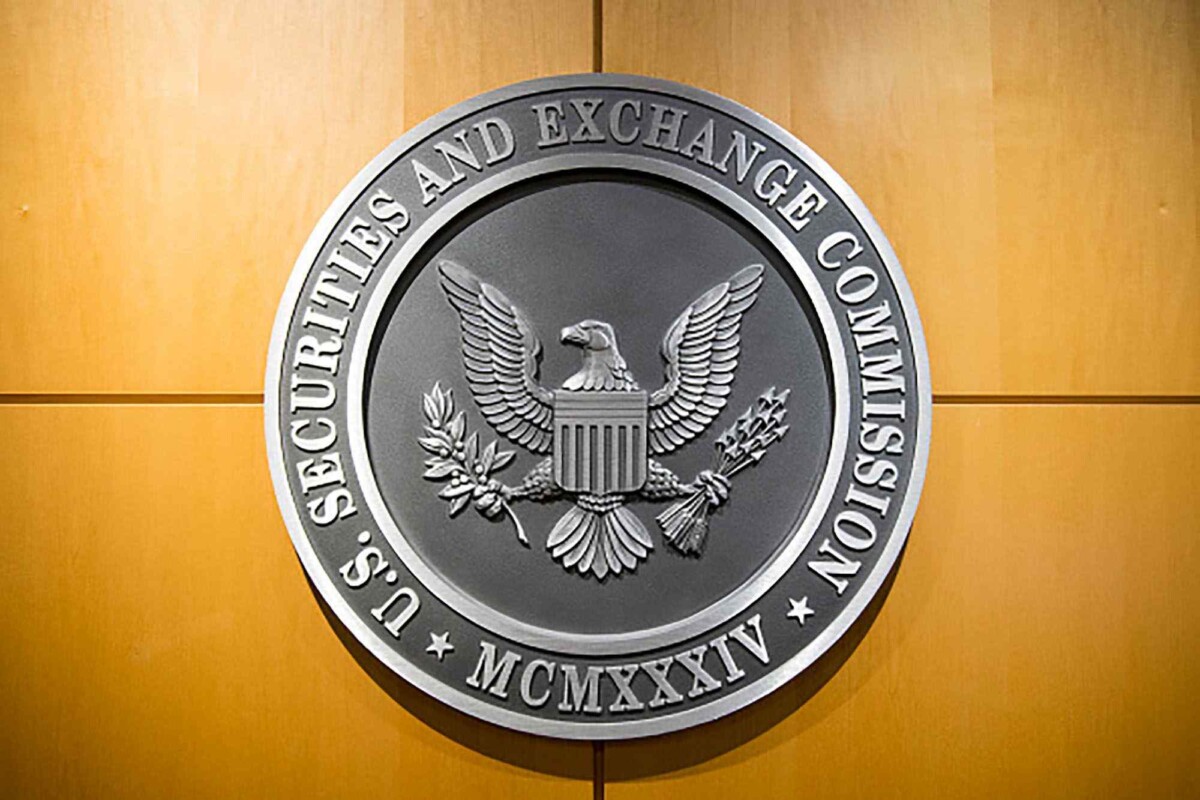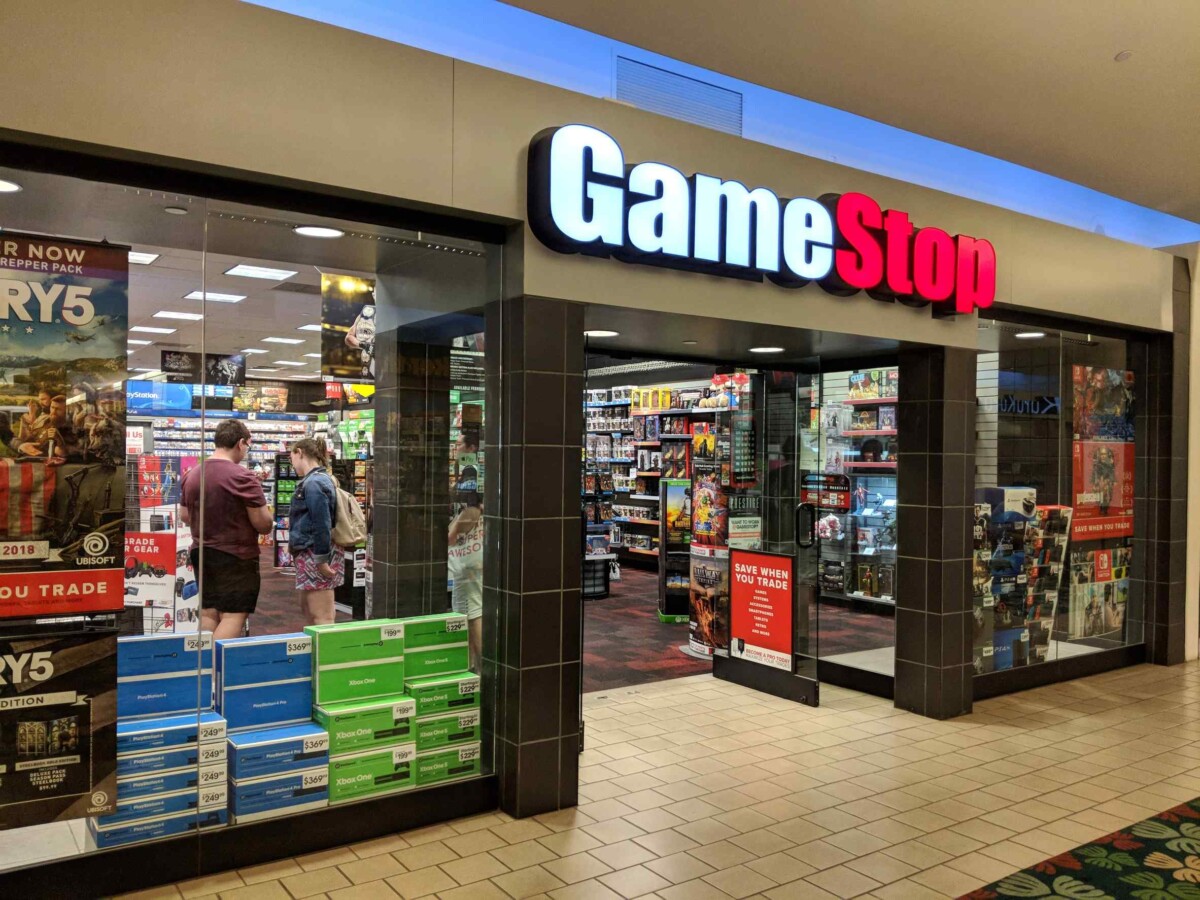Introduction
Many people pay close attention and scrutinize the world of financial market insider trading. Insider trading has been in the news again due to recent developments involving GameStop (GME), which has led to investigations into the activities of influential individuals within the firm. When individuals with access to non-public, critical information about a security buy or sell those securities, it undermines market integrity and investor trust. Recent events, regulatory actions, and their effects on market dynamics are the intended targets of this in-depth examination of GME insider trading.
GameStop (GME) Insider Trading
The Ryan Cohen Stock Purchase Agreement
No less than 443,842 shares of GME stock were purchased on June 9, 2023, by Ryan Cohen, the Executive Chairman of GameStop. The stock market saw this as a major movement. The transaction, executed by his company RC Ventures LLC, was valued at approximately $10 million. The massive sum of money that Cohen spent piqued the eye of both institutional and private investors due to his prominent position at GameStop and his history of contributing to the company’s strategic direction.
Since Cohen thought GameStop could make a comeback, his purchase of GME shares was a significant expression of faith in the company’s future. The fact that Cohen made this decision while GameStop’s stock was still quite volatile and the topic of much speculation makes the purchase all the more intriguing. By demonstrating GameStop’s commitment to the long term, his acquisition may have calmed the fears of the company’s investors and stakeholders.
Speculation about GameStop skyrocketed after investors learned that Cohen was a big shareholder. The news made the owners quite thrilled. They took Cohen’s investment as a positive indicator that the company’s fortunes were about to turn around. The speculation around Cohen’s endorsement and its potential impact on GameStop’s future performance caused GME’s stock price to surge rapidly.
Nir Patel’s Sale

Unannounced in 2023, GameStop COO Nir Patel made a huge move in the stock market. Patel sold a significant amount of his own shares in GameStop. He sold a total of 122,073 shares. It was a pretty penny that went into this deal. Roughly $2.76 million was the market value of the stock. Many are curious about the implications for GameStop and why Patel sold such a large number of shares. Although there are many valid explanations for an expert’s behavior, this type of action typically sparks curiosity.
As an alternative rationale, Patel may have sold to broaden his investment portfolio. It can be difficult for executives to keep a good financial risk-adjustment ratio when they own a lot of shares in their own company. Selling a portion of their shares for cash allows them to diversify their risk by investing that money in other assets or opportunities.
The personal financial reasons of executives may also include paying huge expenses or getting cash quickly through the sale of shares. Even while insider trading may show that the seller doesn’t have faith in the company’s future, you need to look at the bigger picture to understand why someone would sell. The sale of Patel’s GameStop shares highlights how personal wealth, investing strategy, and market sentiment are interdependent. While investors may be suspicious of insider deals, deciphering their reasoning could reveal important information about the company’s future.
Possible Sale Of Diana Saadeh-Jajeh’s Assets
Diana Saadeh-Jajeh, CFO of GameStop, allegedly submitted paperwork to sell 10,484 shares of GME stock. Despite the importance of the planned sale, Saadeh-Jajeh has not yet confirmed the sale of any shares. Saadeh-Jajeh plans to sell some of her shares in GameStop, according to the details of the deal. The transaction is significant since it involves a shift inside the company’s management ranks and involves 10,484 shares. Having said that, the sale is still in the pending stage, therefore Saadeh-Jajeh has not yet closed the deal.
Due to the sale’s pending status, Saadeh-Jajeh’s final decision is currently unknown. Whether or not the deal goes through depends on a number of things, even though the filing indicates a desire to sell. Saadeh-Jajeh’s ultimate choice on whether or not to sell her GME shares may be influenced by market circumstances, regulatory factors, and internal business events.
How Insider Trading Affects Investor Attitude
The Reaction Of The Market To Insider Deals
Quick market reactions, reflecting the perceived importance of insider transactions, are common when these individuals purchase or sell. It was clear that Ryan Cohen had faith in GameStop’s (GME) future when he bought over half a million shares, a large amount of stock. This action probably made investors feel better, which caused them to buy more GME shares and cause the price to temporarily rise. On the flip side, investors may have been worried that GME insider Nir Patel was selling off their shares because he had questions about the company’s future prospects or performance. Patel sold more than 100,000 shares. In the near run, this may have prompted selling and lowered the stock price.
Confidence And Attitudes Of Investors
The trust and emotion of investors can be greatly affected by insider transactions, especially when they involve large-scale acquisitions like Ryan Cohen’s. Cohen’s large investment may have sent a message of confidence to other investors about GME’s future prospects. On the other side, some investors may have lost faith in the company after hearing about Patel’s sale, which might have affected the company’s future and the value management placed on it. All things considered, these insider moves help mold public opinion about GME shares, which in turn affects trading behavior and investor choices.
How GME Stock Will Fare In The Future
A number of elements, such as the reasons for the trades and the company’s success afterward, determine the potential long-term effects of insider trading on GME shares. Ryan Cohen’s investment might propel GameStop’s stock price to new heights if it coincides with good news from inside the company, like the completion of successful strategic initiatives or better financial results. On the flip side, long-term investor confidence could take a hit if Nir Patel’s selling is a reflection of the company’s internal issues or problems.
Legal and regulatory matters, including insider trading-related litigation and regulatory investigations, may also have an effect on GME’s future. In order to gauge the honesty and transparency of the company’s leadership, investors may keep a careful eye on these events. Investors will assess GME’s fundamentals, market dynamics, and strategic direction over the next few months and years to determine the long-term effects of insider trading on the company’s shares.
Claims And Legal Actions
The Case Concerning Gustavo Arnal And Ryan Cohen

Two individuals, one of whom was the former chief financial officer of Bed Bath & Beyond and the other of GameStop, Gustavo Arnal, were involved in a case that claimed insider trading. Their conduct in relation to the sale of Bed Bath & Beyond shares gave rise to the complaint. The sudden demise of Arnal complicates the legal processes and could affect how the lawsuit progresses. Cohen and Arnal allegedly benefited from the sale of shares while unwary investors were harmed because they took advantage of increased stock prices through deceptive and illegal filings with the SEC. The possible personal and business ramifications of insider trading accusations are illustrated by this court struggle.
Keith Gill And Massmutual Reach A Settlement
A settlement was struck between Keith Gill, also known as “Roaring Kitty,” and Massachusetts regulators over his behavior at MassMutual. As part of the agreement, MassMutual was fined $4 million for failing to sufficiently oversee Gill’s trading operations. Gill became famous for his online promotion of GameStop shares; he was once the director of financial wellness education at MassMutual. Gill was determined to have violated Massachusetts regulations when, without authorization, she executed trades on behalf of persons who were not linked with MassMutual. This settlement highlights the significance of financial institutions being supervised and compliant with regulations, particularly with regard to the online trading activity of their personnel.
Examining Regulations And Their Impact
The Examination By Massachusetts’s Agencies
The trading actions of Keith Gill and MassMutual’s monitoring methods were the subjects of an investigation by Massachusetts authorities. The purpose of the investigation is to find out if there is any more wrongdoing and who is responsible for breaking the rules. To avoid such infractions in the future, regulators will most likely evaluate MassMutual’s internal controls and supervision procedures. The continued inquiry shows that regulators are serious about preserving the integrity of the market and shielding investors from harm.
Measures For Compliance And Penalties
In order to improve supervision and forestall future infractions, MassMutual agreed to undertake independent compliance assessments as a component of the settlement with Massachusetts regulators. The substantial cash penalty of $4 million demonstrates the magnitude of MassMutual’s regulatory infractions. Also, by agreeing to undergo compliance checks, MassMutual is showing that it is serious about fixing problems and following rules. Financial institutions should take note of this case and make regulatory compliance a top priority. To reduce legal and reputational risks, they should also establish strong supervision mechanisms.
Departments Devoted To Investigating Insider Trading
Securities And Exchange Commission (SEC)

The SEC spearheads U.S. investigations and prosecutions of insider trading offenses. Enforcing federal securities laws and protecting investors from fraudulent acts are the core responsibilities of the SEC, the primary regulatory agency supervising the securities sector. When the SEC receives word of possible insider trading, it launches comprehensive investigations, collects evidence, and brings legal action against those responsible.
The Massachusetts Division Of Securities
Enforcement of state securities laws and regulation of the Massachusetts securities industry are the responsibilities of the Massachusetts Securities Division. The Massachusetts Securities Division investigates claims of insider trading independently to find out if companies or individuals have broken securities laws. The division works with the SEC and other regulatory agencies to investigate insider trading and take legal action against those responsible.
Financial Industry Regulatory Authority (FINRA)
The Financial Industry Regulatory Authority (FINRA), a self-regulatory organization (SRO), regulates American securities brokers and traders. FINRA investigates insider trading and other possible infractions of securities regulations as part of its regulatory role. To safeguard investors and uphold market integrity, FINRA can punish member businesses and individuals for wrongdoing, levy fines, and launch enforcement actions.
Department Of Justice (DOJ)
The Department of Justice (DOJ) enforces and prosecutes provisions for insider trading in the federal government’s criminal code. Together with other regulatory bodies, the Department of Justice (DOJ) may launch its own investigations into charges of insider trading if they give rise to reasonable suspicion of criminal wrongdoing. Anyone caught engaging in insider trading might face criminal charges brought by the DOJ, which could result in fines and jail time.
Internal Compliance Departments Of Financial Institutions
When it comes to identifying and deterring insider trading among clients and staff, financial organizations like investment banks and brokerage firms rely heavily on their internal compliance teams. These departments establish and enforce internal policies and procedures to ensure compliance with securities legislation and prevent illicit behavior. Internal compliance teams may investigate allegations of insider trading, notify relevant regulatory bodies of their findings, and take remedial measures to fix compliance issues.
Conclusion
The current situation at GameStop (GME) highlights the need for openness, responsibility, and regulatory supervision in the financial markets, where insider trading is still a complicated and controversial problem. Investors who delve into the complexities of GME insider trading can better understand market dynamics, corporate governance standards, and the variables driving stock performance. Building confidence and stability in the marketplace going forward will require constant monitoring, thoroughness, and compliance with legal and ethical norms.
Frequently Asked Questions
1. Regarding GameStop (GME), How Important Is Insider Trading?
In the case of GameStop, insider trading could reveal important information about the company’s finances, strategy, and future plans, which could affect investors greatly. Investors can gain insight into the mindset and goals of influential insiders by learning about GME’s insider trading activities. This knowledge can then inform their own investing choices.
2. Who Were The Main Insiders At GME Who Engaged In Insider Trading Recently?
Recent insider trading operations involving GME have implicated notable individuals, including Ryan Cohen, Executive Chairman of GameStop, and other corporate officials. By keeping an eye on these influential insiders, you may learn a lot about how they feel about the company’s current and future performance.
3. What Are The Allegations Of GME Insider Trading That Have Raised Questions About The Potential Legal And Regulatory Consequences?
If insider trading allegations are proven, authorities like the SEC and state securities authorities may launch investigations into GME. The results of these investigations will determine whether insider trading has occurred and whether those involved face civil fines, criminal prosecution, or both, which may have a devastating effect on their careers and reputations.
4. How Are The Effects Of Insider Trading On The Performance And Sentiment Of Gme Shares On Investors?
The actions of important insiders, such as making large-scale acquisitions or sales, can impact the performance of GME stock and the sentiment of investors. When insiders purchase shares in the firm, it could be an indication that they are optimistic about the future of the business, which could increase investor confidence and the stock price. On the flip side, stock value drops when investors lose faith due to bad insider selling or misbehavior claims.
5. What Steps Should Investors Do To Always Be Aware Of Any Insider Trading Involving GME?
Form 4 filings with the SEC and other regulatory filings reveal insider transactions, so investors can keep up with GME’s trading activities. Keeping up with GME-related news, business statements, and legal processes can also help shed light on the dynamics of insider trading and how they could affect the stock and the firm.


